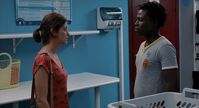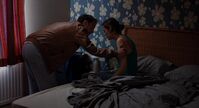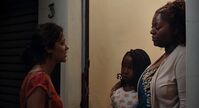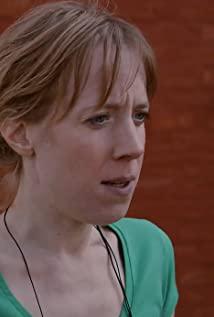The heroine Sandra, who is still prone to depression, takes out medicines, drinks water, aphasia, tremors, and anger from time to time, reflecting the huge psychological pressure. In a social environment where normal people are also deeply stressed, the stress of the recovering heroine doubles. She is unwilling to beg others, to cause trouble to others, to be pitied by others, to be a burden to others and to affect their lives. These have the side of her kind nature, and more importantly, it reflects the real psychology of depression, that is, lack of progress in the face of pressure, dodging, escaping, serious exaggeration of unfavorable factors when encountering problems, fear of rejection, psychological withdrawal, until she takes it. The medicine came out, thinking that there was no future, and attempted suicide. This is a serious deviation in the consciousness's understanding of oneself, failing to see one's own strengths and the good aspects of things changing, and even taking others' attack as one's own fault. Although the sun was shining brightly on the street, the heart was depressed and gloomy. As the plot progresses, finding more than a dozen colleagues is a challenge each time.
The first nervous to stop the phone, success, bring confidence. Afterwards, various problems, supported and unsupported, such as flipping poker, faced challenges again and again psychologically, and finally gave up. With the encouragement of her husband and the support of her colleagues, she saw hope and took the initiative to meet challenges at night, bringing her psychological light.
The ending should be the best for the heroine Sandra. The vote showed her success in gaining the support of others and even turning things around, but she won't easily face opponents and colleagues who have lost their jobs. All problems will eventually pass. With such a result, the psychological pressure on her is the least, and she can finally let go of this matter and welcome a new life.
View more about Two Days, One Night reviews











